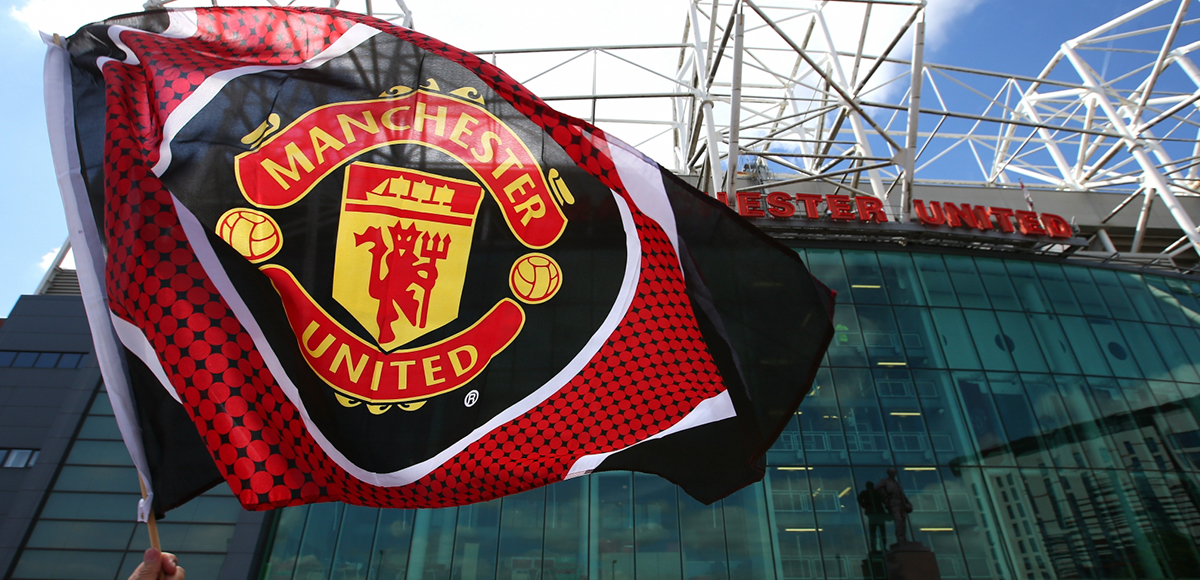Manchester United icon Paul Scholes has voiced concerns over Ruben Amorim’s managerial approach, suggesting that the Portuguese coach’s intense focus on tactical structure may be stifling the natural flair and freedom of the team’s star players.
Since taking over from Erik ten Hag late last year, Amorim’s tenure at Old Trafford has been a mixed bag. While there have been notable highs, such as victories over Manchester City and Arsenal, as well as a hard-fought 2-2 draw against Liverpool at Anfield, the team has also endured humiliating lows, including Sunday’s 2-0 home defeat to Crystal Palace. These inconsistent results have raised questions about whether the players are fully adapting to Amorim’s preferred 3-4-3 system and his meticulous tactical demands.
Scholes: Tactical Overload is Restricting Freedom
Speaking on The Overlap Fan Debate, Scholes expressed his unease with the modern emphasis on tactics, arguing that it risks sapping the joy and spontaneity from the game.
“When I was playing, I wanted to play with more freedom,” Scholes said. “I watch football all the time, but I don’t analyse the game as much anymore. Nowadays, with football being so tactical, I feel like the life has been sucked out of the players.”
The former England midfielder went on to highlight specific observations from United’s recent matchday routines, which he believes underscore Amorim’s over-reliance on tactical drills.
“I’ve been watching Manchester United the last few weeks, specifically how they’ve been warming up before matches, and I’ve noticed that they’re practising the team shape,” Scholes explained. “They’ve got the back five defending the goal, with crosses coming into the box for the forwards to attack, and they’ve even started practising set pieces in front of the fans, which just seems odd to me.”
Scholes, who won 11 Premier League titles during his illustrious career, suggested that such an approach could be counterproductive. “The warm-up is there to enjoy, having the ball at your feet, practising your touch, but everything is focused on tactics, and I’m not sure I’d be able to deal with it if I was playing.”
Balancing Tactics and Creativity
While Scholes acknowledged that Amorim’s constant adjustments are likely an attempt to find the right formula for the squad, he emphasised that an overemphasis on tactics risks alienating players and diminishing their natural instincts.
“Trying to work out the tactical element of football matches doesn’t fascinate me,” Scholes admitted. “I want to see good bits of play, defenders firing the ball into the midfield, a winger taking on their full-back, so I’m not looking at the tactics, but maybe I should be.”
Scholes’ comments reflect a broader debate in modern football about the balance between tactical discipline and individual expression. While Amorim’s structured approach has yielded some positive results, the recent struggles suggest that the team may need more time to fully adapt—or that a recalibration of tactics is required to unlock the potential of United’s attacking talents.
Looking Ahead to the FA Cup
Manchester United’s next challenge comes on Friday, as they host Leicester City in the fourth round of the FA Cup. The tie will see Amorim come up against former United striker Ruud van Nistelrooy, who is now managing the Foxes. It presents an opportunity for the Reds to bounce back from their disappointing league form and reignite their season with a strong cup run.
For Amorim, the match will be another test of his ability to strike the right balance between tactical rigour and allowing his players the freedom to express themselves. As Scholes’ critique highlights, finding that equilibrium could be key to unlocking the full potential of this Manchester United squad and restoring the club to its former glory.
In the meantime, the debate over Amorim’s methods will continue, with fans and pundits alike watching closely to see whether the Portuguese coach can adapt his approach to bring out the best in his team.


